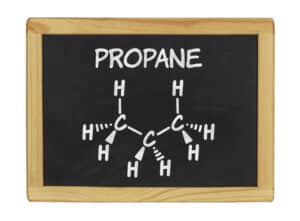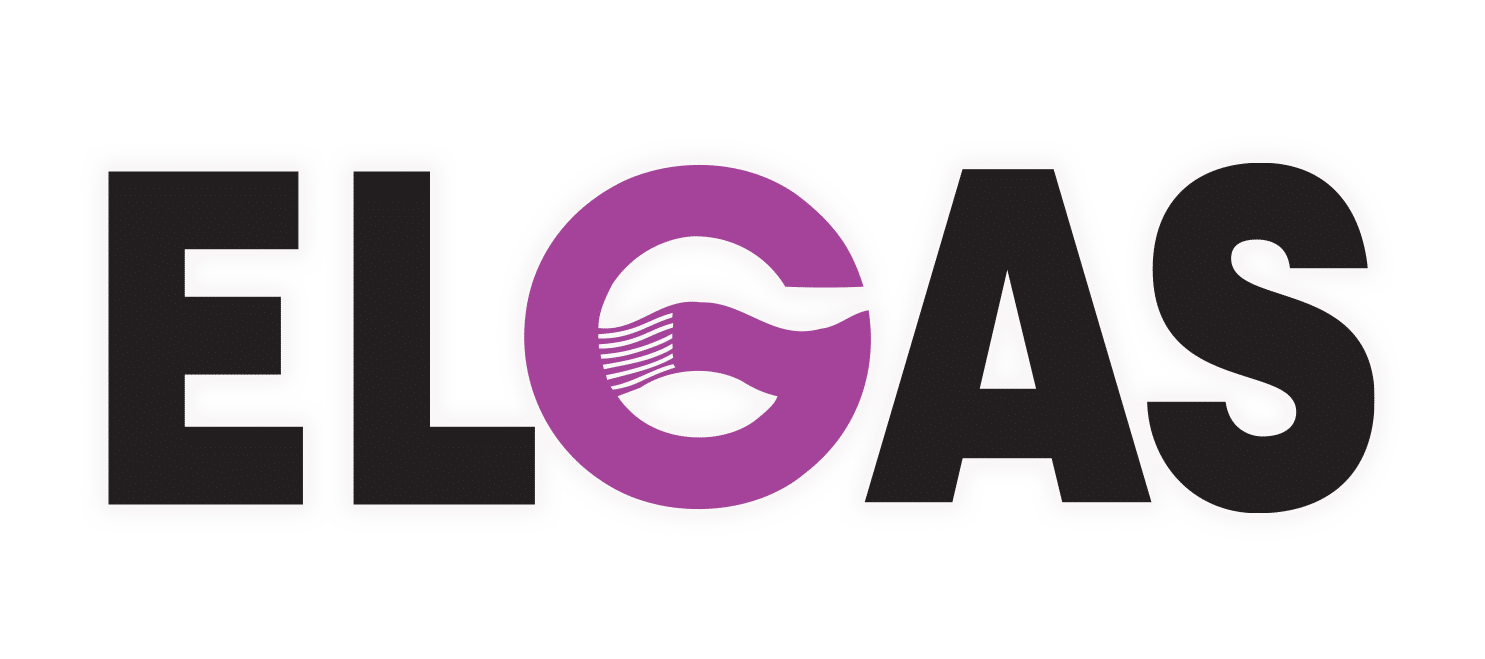Butane vs Propane – Propane v Butane – Butane versus Propane – Propane vs Butane

Comparing butane vs propane or (butane versus propane) or propane v butane (propane vs butane)
Considering butane vs propane, both are LPG gases.
LPG – Liquefied Petroleum Gas – is flammable hydrocarbon gas liquefied through pressurization.
LPG comes from natural gas processing and oil refining.
Propane is classified as LPG, along with butane, isobutane and mixtures of these gases.
LPG is frequently used for fuel in heating, cooking, hot water and vehicles.
Difference Between Butane vs Propane (Butane versus Propane) or Propane vs Butane – Propane v Butane
| Gas Properties | Butane | Propane |
| Chemical Formula | C4H10 | C3H8 |
| Energy Content: MJ/m3 | 111.4 | 95.8 |
| Energy Content: MJ/kg | 47.39 | 49.58 |
| Energy Content: MJ/L | 27.5 | 25.3 |
| Boiling Temp: Cº | -0.4 | -42 |
| Pressure @ 21ºC: kPa | 215.1 | 858.7 |
| Flame Temp: Cº | 1970 | 1967 |
| Expansion: m3/L | 0.235 | 0.270 |
| Gas Volume: m3/kg | 0.405 | 0.540 |
| Relative Density: H2O | 0.58 | 0.51 |
| Relative Density: air | 2.00 | 1.53 |
| L per kg | 1.724 | 1.96 |
| kg per L | 0.58 | 0.51 |
| Specific Gravity @ 25ºC | 2.07 | 1.55 |
| Density @ 15ºC: kg/m3 | 2.544 | 1.899 |
What Butane is Made of
 Butane (n-butane) is an organic hydrocarbon compound composed of hydrogen and carbon atoms, where all carbon to carbon bonds are single bonds.
Butane (n-butane) is an organic hydrocarbon compound composed of hydrogen and carbon atoms, where all carbon to carbon bonds are single bonds.Is LPG Gas the Same as Propane? Is Propane Gas the Same as LPG – Liquified Petroleum Gas vs Propane
The Name Game
 The bad news is that this causes a lot of confusion and concern.
The bad news is that this causes a lot of confusion and concern.However, it’s all the same gas.
Butane vs LPG Gas – Is LPG Butane?
The air to gas ratio for butane gas is approximately 31:1.
In an ideal world, the appliance would come supplied with gas jets sized for butane.
7 Important LPG Facts
 1. LPG is the acronym for Liquefied Petroleum Gas or Liquified Petroleum Gas.
1. LPG is the acronym for Liquefied Petroleum Gas or Liquified Petroleum Gas.
2. LPG is a group of flammable hydrocarbon gases, including propane and butane, that are liquefied through pressurisation and commonly used as fuel.
3. LPG comes from natural gas processing and petroleum refining.
4. There are a number of gases that fall under the “LPG” label, including propane, butane and isobutane (i-butane), as well as mixtures of these gases.
5. These gases can all be compressed into liquid at relatively low pressures.
6. LPG is frequently used for fuel in heating, cooking, hot water and vehicles, as well as for refrigerants, aerosol propellants and petrochemical feedstock.
7. LPG is generally stored, as a liquid, in steel vessels ranging from small BBQ gas bottles to larger gas cylinders and storage tanks.
Get $140 in LPG Account Credits!
Choice of 2-Year Fixed or Variable 45kg Gas Bottle Price
No Lock-in Contracts
We return your old gas bottles for you
It is a great time to switch to ELGAS
Propane (LPG) is Not Natural Gas
 LPG, which is propane, is not to be confused with natural gas, which is primarily methane.
LPG, which is propane, is not to be confused with natural gas, which is primarily methane.Butane vs Propane (Butane versus Propane) – How Do They Work?
 Considering butane vs propane (butane versus propane) or propane vs butane (propane v butane), both are stored under pressure, as a liquid, in a gas bottle.
Considering butane vs propane (butane versus propane) or propane vs butane (propane v butane), both are stored under pressure, as a liquid, in a gas bottle.
Butane and propane turn back into gas vapour when you release some of the pressure in the gas bottle by turning on your gas appliance.
Almost all of the uses for butane vs propane involve the use of the gas vapour, not the liquefied gas.
Butane vs Propane (Butane versus Propane) – Propane v Butane (Propane vs Butane) Uses
.png) Examining butane vs propane (butane versus propane), they have hundreds, if not thousands, of uses.
Examining butane vs propane (butane versus propane), they have hundreds, if not thousands, of uses.
The uses most people can name are around the home, in their cars or for business.
Butane and propane are used in leisure time activities including caravans, boats, recreational vehicles, hot air balloons and camping.
Business and industry use butane and propane for a multitude of processes including steam boilers, kilns, ovens and gas forklifts.
Crop and produce drying, heating greenhouses, hot water for dairies, irrigation pumps and heating animal enclosures are just some of the agricultural applications.
There are also many, many more applications, including Autogas, power generation and the hospitality industry.
Butane vs Propane (Butane versus Propane) – Propane v Butane (Propane vs Butane) Temperature Sensitivity
Butane vs propane (butane versus propane) becomes a big issue in cold weather.
Butane and propane have different boiling points.
In Australia, we are lucky that we use propane because it has some advantages over Butane. (propane molecule model shown)
Butane vs Propane (Butane versus Propane) – Propane v Butane (Propane vs Butane) Mixtures
Looking at butane vs propane (propane v butane) mixtures, if you are reading this blog from another country, LPG may not be just Propane for you.
It could be butane. (butane molecule model shown)
Autogas is Different
- Butane – Butane Gas – Butane Chemical Formula- Butane Gas Canister - April 23, 2025
- BBQ – Gas and Charcoal BBQ Features – Charcoal BBQ vs Gas BBQ Comparison - March 31, 2025
- GPL Gas (GPL Fuel) – GLP Gas – LPG Gasul: GLP – GPL Station Near Me - March 26, 2025
Steve Reynolds
Technical Consultant
Steve Reynolds is a leading expert in the LPG industry with over 22 years of experience. As part of the national management team at ELGAS, Steve ensures the safe and efficient storage, handling, and transportation of LPG. He serves as the lead investigator for incidents and collaborates with authorities on industry developments.
Steve is a technical advisor to Standards Australia and Gas Energy Australia (GEA), and an active member of the World LPG Association (WLPGA), contributing to global standards and technical reviews. He holds a BSc. (Hons) in Industrial Chemistry from UNSW and has held senior safety and technical roles at ELGAS, making him a trusted authority in LPG safety and standards.



